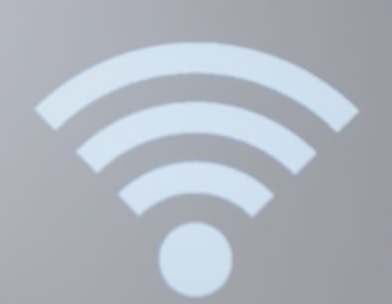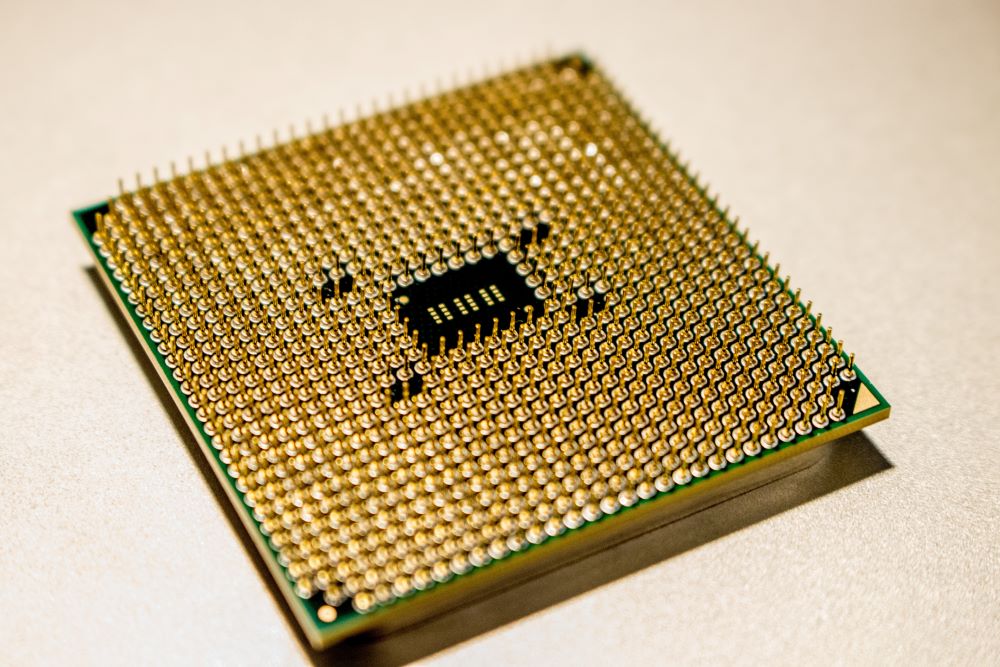Caltech receives billions from tech giants over its proprietary technology.
On January 17th, the U.S. Supreme Court inquired what views the Biden Administration had regarding the current wi-fi chips patent dispute between Apple Inc and Broadcom Inc, and the California Institute of Technology. In this previously settled dispute, Caltech walked away with $1.1 billion in damages from the two companies, and thus the corporations would like to revive their challenges. Generally, the justices want to know what the administration’s input is on the lower court decision preventing Apple and Broadcom from making their arguments that the patents in question were invalid at trial.
Caltech, which is a university settled in Pasadena, California, sued Apple and Broadcom back in 2016. The university had made the argument in front of a Los Angeles court that Broadcom wi-fi chips located within millions of Apple products, including iPhones, watches, iPads, and more, were infringing on the data-transmission patents.
The trial ended with the jury ruling in favor of Caltech, awarding it a $837.8 million dollar settlement from Apple, as well as a $270.2 million payment from Broadcom. However, this plan was short-lived, as a U.S. appeals court threw out the jury’s verdict, calling the payment amount “legally unsupportable.” Instead, the court opted to order a new trial on damages.

Ultimately, it upheld the jury’s finding that the patents in question had been infringed, but the new trial will include a third patent that was not in question during the initial case. The upcoming challenge case is currently set for June, and Caltech hopes that the trial will end with the value of its patents being fully recognized.
The school’s damages model revolves around the central argument that Caltech could have negotiated a license with Apple for the Broadcom wi-fi chips as well. The university is no stranger to this type of case, either. has filed lawsuits against other major tech leaders such as Microsoft, Samsung, Dell, and HP for similar patent violations (although, all of those cases are still pending).
Apple and Broadcom aren’t giving up without a fight. They claim that they should have been allowed to challenge the validity of the patents, but the judge’s decision to block the companies’ arguments based on their neglect to mention them in their petitions for the U.S. Patent and Trademark Office’s review was a choice that the court has upheld. The companies appealed this decision to the Supreme Court last September, stating that the Federal Circuit misread the law and that they could, in fact, bring up the arguments during the review instead of within their petition.
Both Apple and Broadband have a close relationship, with Apple being a major purchaser of Broadcom chips and even making up an estimated 20% of their company’s revenue. In January 2020, Apple reached a $15 billion supply agreement with Broadcom, though it allegedly plans to move from their chips to an in-house design by 2025.
Sources:
U.S. Supreme Court asks for gov’t views on blockbuster Apple/Caltech patent dispute
Apple, Broadcom win new trial in $1.1 bln Caltech patent case


Join the conversation!